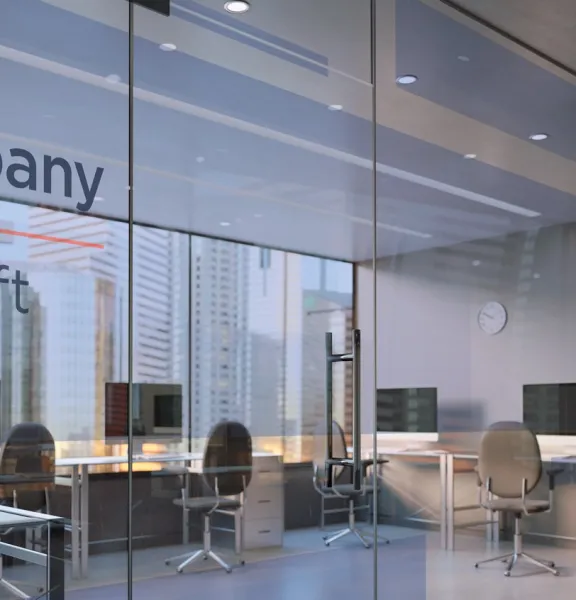SEED-on-Blockchain is a European Commission (DG TAXUD) research project that aims at assessing Blockchain technology for Customs, Excise and Taxation applications.
The ultimate objective of this DG TAXUD project is to assess the technical and organisational feasibility and benefits in building, operating, maintaining and supporting Blockchain-based systems on a trans-European level among Member States National Fiscal and Customs Administrations. To this effect, this research project considers a frequently occurring use case of limited complexity, namely authorisation and reference data registration systems that share similar characteristics to SEED.
Project details
The current SEED application employed by DG TAXUD replicates authorisations and reference data across Member States, using a centrally managed message queueing system and a custom central replication application.
The operating model employed was formed around these technologies, both with inherent limitations, including:
(a) the need for implementing, operating and maintaining a central application for each replicated business data,
(b) no reuse in the implementations of the National Applications sending, receiving, storing and processing the data
(c) the need for conformance testing for verifying interoperability between the implemented National and central components and
(d) the need to use and maintain a centrally managed messaging system.
With this project, DG TAXUD assesses the Blockchain technology for eliminating these limitations. It is established that in the short-term there are technical and operational benefits, as the replication of authorization and reference data can be implemented, without the use of a centrally managed messaging system or custom central applications.
The operational processes necessary for the installation, operation and maintenance of a Blockchain network bring no significant complexity compared to any regular IT system.
The Blockchain technology brings opportunities to decentralize the operating model and the governance of trans-European systems, in the long-term. The Blockchain network can be provisioned to require no central authority for its configuration, maintenance and operation.


